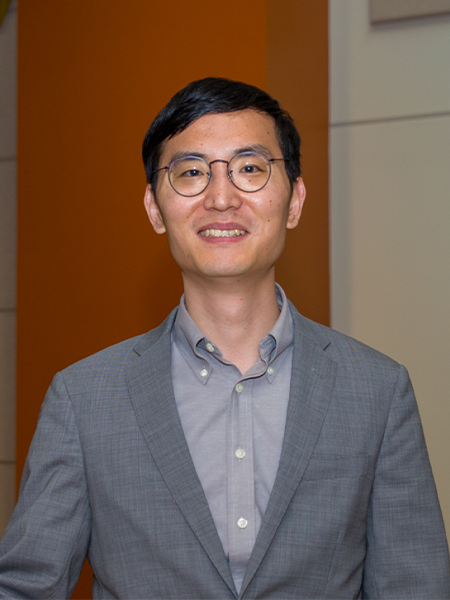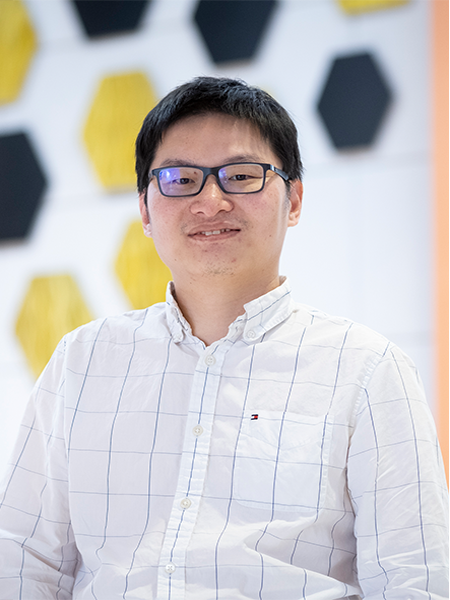Purdue Researchers Receive National Science Foundation Award to Further Investigate Human-Induced Pluripotent Stem Cells Using Machine Learning

 Can Li, Assistant Professor, and Xiaoping Bao, William K. Luckow Associate Professor at the Davidson School of Chemical Engineering, have been awarded a $376,162 National Science Foundation (NSF) grant to develop interpretable machine learning algorithms for human induced pluripotent stem cells (hiPSCs). Their research aims to enhance the explainability of cell typing predictions and be applied to ongoing studies of tumor associated neutrophils (TANs) for cancer therapy.
Can Li, Assistant Professor, and Xiaoping Bao, William K. Luckow Associate Professor at the Davidson School of Chemical Engineering, have been awarded a $376,162 National Science Foundation (NSF) grant to develop interpretable machine learning algorithms for human induced pluripotent stem cells (hiPSCs). Their research aims to enhance the explainability of cell typing predictions and be applied to ongoing studies of tumor associated neutrophils (TANs) for cancer therapy. Human induced pluripotent stem cells (hiPSCs) are developed by reprogramming skin, blood, or any other somatic cells, to have embryonic behaviors and attributes. These embryonic-like cells can mature into any cell type, such as blood, immune, heart, and neuron, despite their previous function. A key challenge in this research is precisely identifying cell types at various stages of differentiation, which is essential for ensuring the cells fulfill their intended roles.
With this grant, Li, Bao, and a team of researchers will create a machine learning model that leverages single-cell RNA sequencing (scRNA-seq) and imaging data into the identification of key genes or image features to enhance the accuracy and reliability of cell type identification. This collaborative research will be applied specifically to TANs for cancer therapy. In addition, this endeavor will have broader impact in oncology, stem cell, and regenerative medicine research.
This grant also makes it possible for the researchers to work with Purdue's Research Experience for Undergraduates (REU) and Summer Vertically Integrated Projects (VIP) program each summer to mentor underrepresented minority students and cultivate a curiosity surrounding interdisciplinary research in stem cell engineering and machine learning. Their involvements will center around driving increased STEM participation in underrepresented groups, featuring outreach activities such as interactive K-12 activities, partnering with local organizations, facilitating lab tours, and presenting research at the "Mending Broken Hearts" gallery exhibit.
About the National Science Foundation Grant: The NSF is an independent federal agency dedicated to advancing science and engineering innovations across the United States. It supports groundbreaking research through grants across multiple disciplines. This specific grant aims to advance mathematical and statistical research, while offering experiential opportunities for the next generation of influential mathematical scientists. It highlights NSF’s multidisciplinary approach to fostering novel discoveries, with joint funding being provided by the Mathematical Biology Program in the Division of Mathematical Sciences, the Infrastructure Innovation for Biological Research Program in the Division of Biological Infrastructure (BIO/DBI), and Office of Strategic Initiatives.
